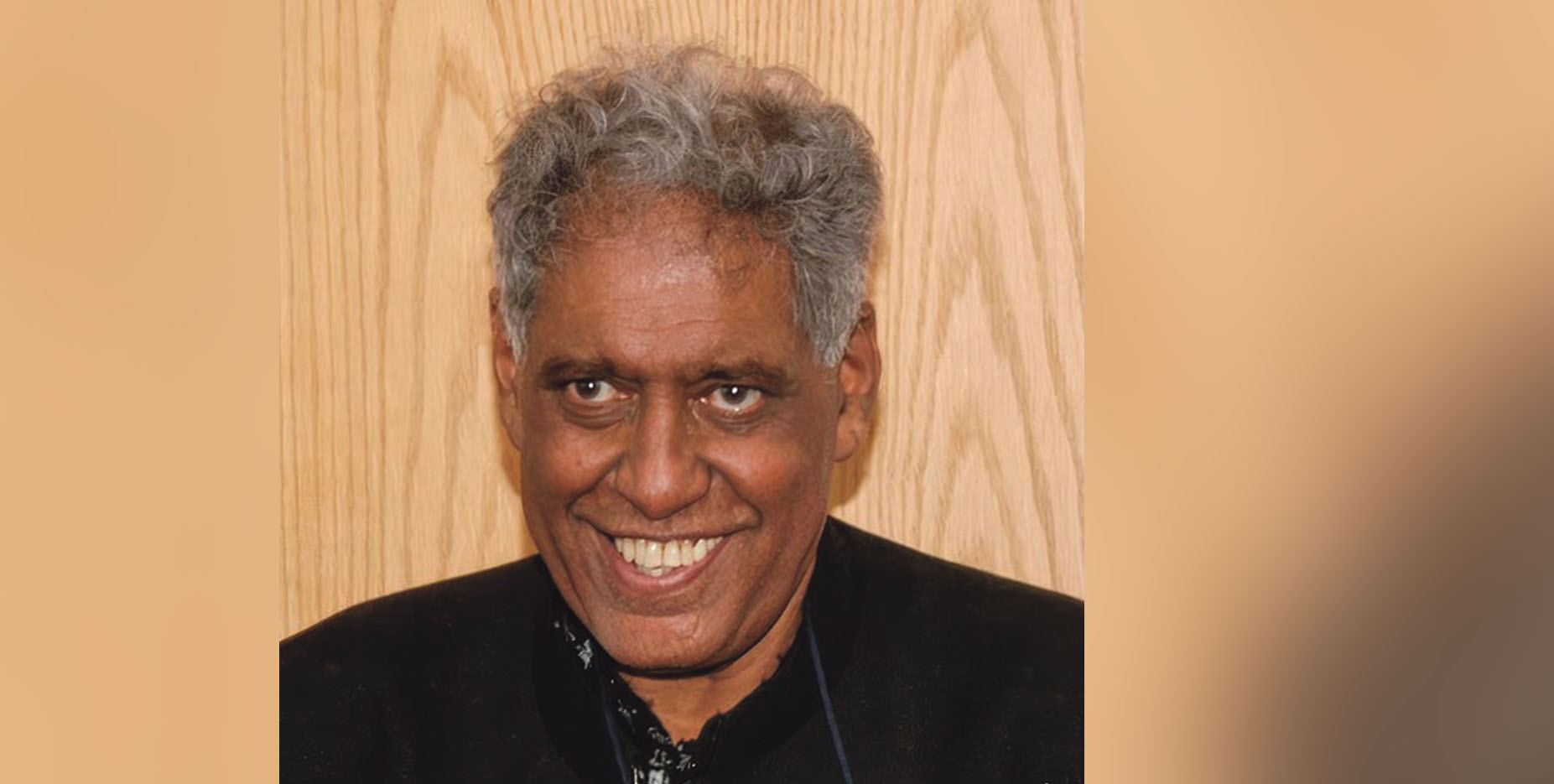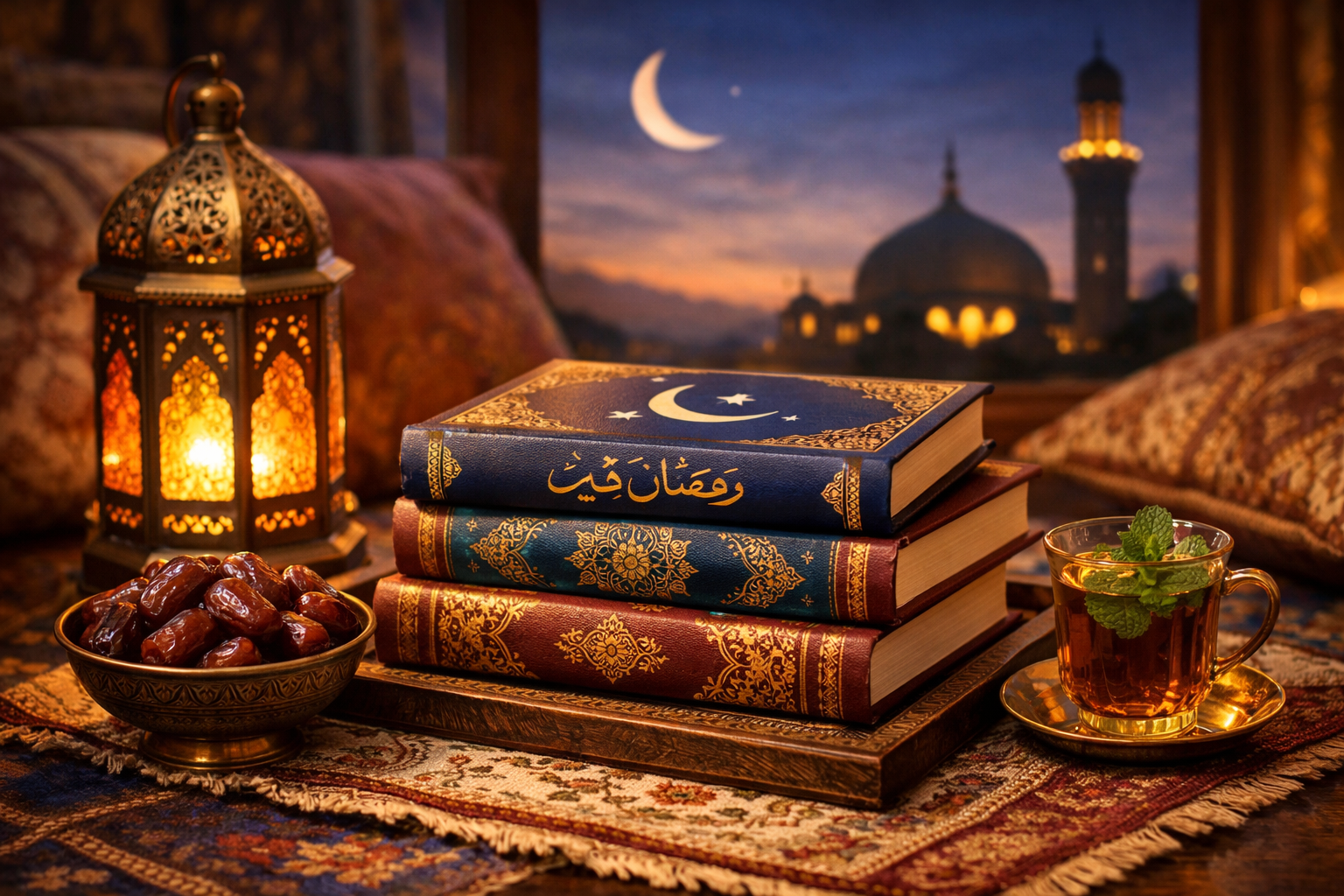
Dr Essop Goolam Pahad: June 21, 1939 – July 6, 2023
Former South African Minister in the Presidency, Dr Essop Pahad passed away peacefully on the morning of July 6 in Johannesburg at the age of 84 after a short period of illness. In the last few months of his life, he carried himself with composure even as he battled cancer.
Pahad was an influential politician in the Cabinet of former President Thabo Mbeki. He was a behind-the-scenes government figure that ensured things got done as directed by his boss, President Mbeki.
Pahad was born in Schweizer-Reneke, in the erstwhile Transvaal Province. He was a graduate of the Universities of the Witwatersrand and Sussex. His doctoral thesis was on the development of Indian political movements in South Africa in the mid-20th century led by Drs Yusuf Dadoo and “Monty” Naicker.
He and his brother, Aziz Pahad, a former Deputy Minister of Foreign Affairs, went into exile in late 1964 and settled in London. After completing his studies, Essop was appointed to the editorial committee of the World Marxist Review.
He served on the Executive Committee of the ruling African National Congress (ANC) and the Central Committee of the South African Communist Party. He returned to South Africa after the ANC was unbanned in 1990.
President Cyril Ramaphosa instructed that Pahad be given a state funeral even as he was buried in accordance with Muslim rites on the day of his death at the Westpark Cemetery in Johannesburg.
Known to have a strong-arm approach to making things work in politics, he had a softer side to him that many MPs and ANC activists never really saw. Essop could talk leisurely about Dynamos Football Club, for which he and all his brothers played during the early 1960s.
He would stroll along the Zoo Lake on Eid Day and meet family and friends, caring little for VIP protection. And in the parliamentary restaurant, he would dunk his samoosa in his tea without thinking twice. That was Essop.
He was devoted to his work, but he never missed an opportunity to be with his family. His children, nephews, and nieces meant everything to him.
Unlike Aziz, Essop was feared by members of the opposition. He had a sharp, razor-like tongue, and he would not hesitate to intimidate his political opponents. Tall in stature, he would look down on them with a bullish snare. He always stood for an “ANC approach” to issues but was not closed to accommodating the views of the opposition on important political matters.
Essop Pahad was an activist in the Transvaal Indian Youth Congress in 1958. He was the son of Goolam and Amina Pahad, both of whom were veterans of the Transvaal Indian Congress and ardent supporters of its President, Dr Yusuf Dadoo.
Even as he held high office, he had a common touch. He maintained close contact with the grassroots and often took up issues affecting local communities in Lenasia, Johannesburg, and Durban. If a matter was raised with him, he would try his best to do something about it. And if he could not help, he would be upfront about it.
I visited him a few weeks ago. He still had that broad smile. It is a pity that he did not live long enough to see his book published, which should be available shortly. He is survived by his wife, Meg, and children, Amina and Govan.
Essop Pahad will be sorely missed in South Africa and globally among members of communist parties that were active in Eastern Europe in the latter part of the last century.
(Photo courtesy of Yunus Chamda)
Dr Ismail Vadi,
former ANC Member of Parliament


